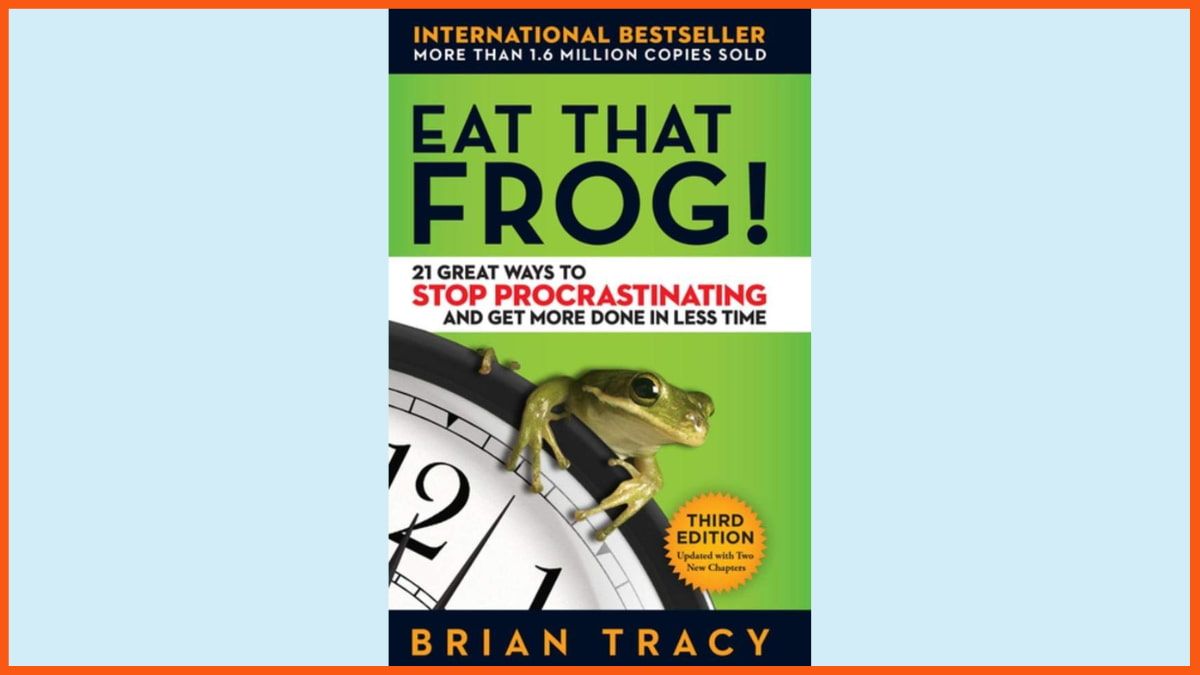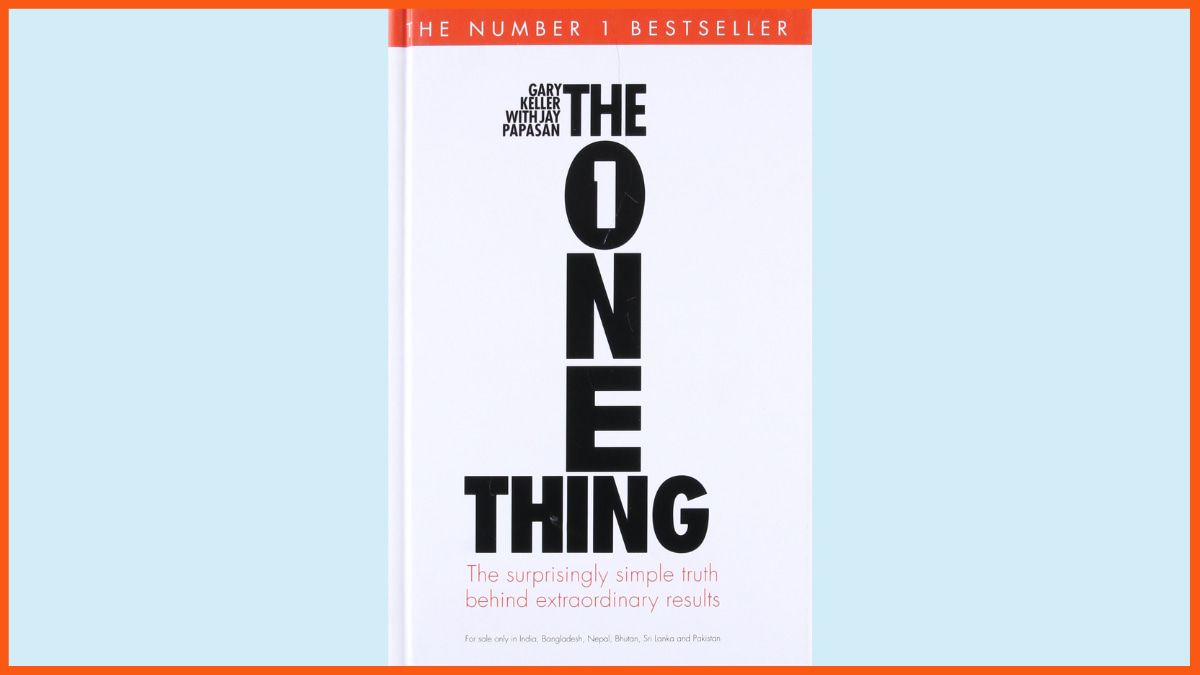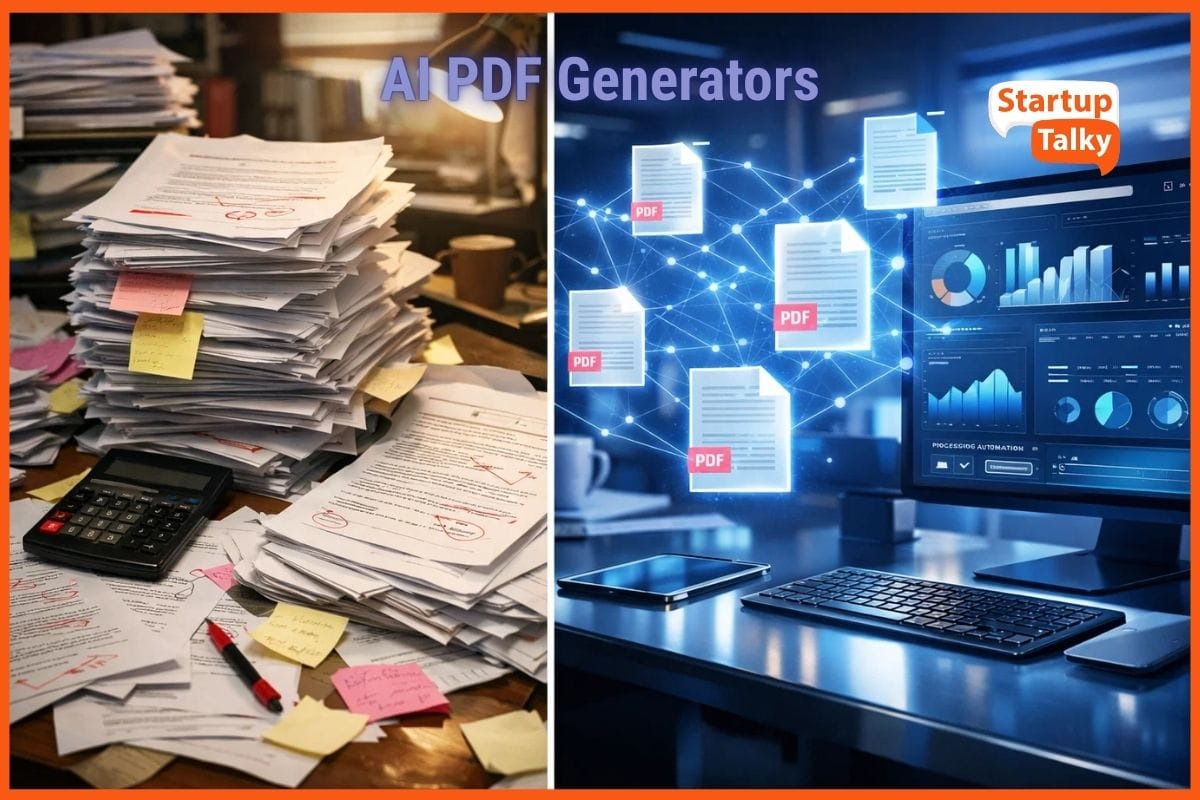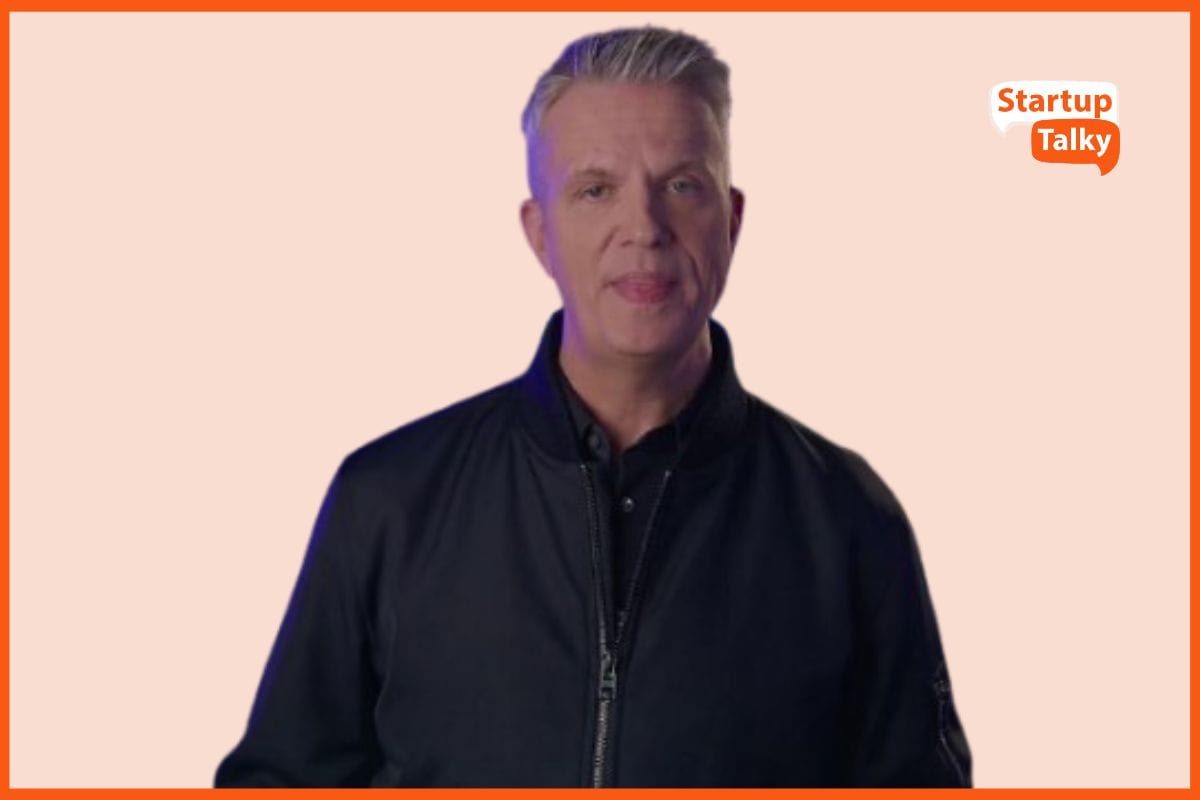10 Best Books to Help You Improve Your Productivity
Collections 🗒️
You have aims, objectives, and dreams. And as an observant, you know that your present actions directly affect your continued prospects. In order to go forward, you create a to-do list, set up a system, and make every effort to keep your schedule organised. But regardless of how hard you work, you can't shake the idea that you aren't accomplishing enough. Sounds reasonable?
It's therefore time to review your productivity techniques.
Most likely, reading a book is not the first thing that springs to our heads when considering how to boost productivity. Nevertheless, one of the finest things you can do is actually that. The most innovative productivity hacks, techniques, and technologies may be easily learned through reading and implementing the same in our daily lives.
Read the article further to find a put-together list of the best 10 productivity books to give you some assistance in getting more done.
Getting Things Done: The Art of Stress-Free Productivity
The 7 Habits of Highly Effective People
Atomic Habits
Eat That Frog!
Essentialism: The Disciplined Pursuit of Less
Free to Focus
Deep Work: Rules for Focused Success in a Distracted World
The Power of Habit: Why We Do What We Do in Life and Business
The ONE Thing: The Surprisingly Simple Truth Behind Extraordinary Results
The Productivity Project: Accomplishing More by Managing Your Time, Attention, and Energy
Top 10 Productivity Hacks by Ankur Warikoo
Getting Things Done: The Art of Stress-Free Productivity
Author: David Allen
Goodreads Rating: 4.00

This book appears on every productivity book list and is highly recommended, making this book sort of like the current Bible of productivity publications.
The strategies of yesterday just don't function adequately in the modern environment. David Allen, a seasoned coach and management consultant, reveals in his book Getting Things Done the game-changing techniques for stress-free performance that he has taught to thousands of individuals. Allen's thesis is straightforward: our capacity for relaxation directly influences how productive we are. We can only be productively effective and fully realise our creative potential when our minds are clear and our ideas are structured.
Allen demonstrates in Getting Things Done how to:
- To get your inbox empty, follow the "do it, delegate it, postpone it, dump it" guideline.
- Re-evaluate objectives and concentrate in a dynamic environment.
- Plan initiatives and find solutions to their problems.
- Get through feelings of uncertainty, worry, and overwhelm.
- Feel not-bothered about the things you avoided doing.
The 7 Habits of Highly Effective People
Author: Stephen R. Covey
Goodreads Rating: 3.87

This book by Stephen R. Covey is used by everyone, from presidents to CEOs to college students, to help them organise themselves and remain on schedule while accomplishing the tasks that are essential.
This book offers a framework for both life and work, and so a strategy for getting things done. This is a 'library staple' item if productivity is something you're interested in.
Covey's book transforms your viewpoint on how your choices—both physical and mental—can alter your course for the better or worse. It's a practical manual for developing healthier habits. We oftentimes aren't even aware of our patterns. We simply go about living our lives without giving some of our decisions any thought. However, reading Covey's book forces you to examine both your personal and professional routines and identifies the traits that influence your professional relationships and jobs.
Since its initial 1989 release, more than 25 million copies of this book have been sold. It focuses on a strategy that centres on adhering to your "character ethic," which is accomplished by developing a set of 7 habits. For optimal efficiency in life, the reader can use these behaviours to transition from dependency to interdependency. If you're more interested in long-term habit adjustment than in short hacks and tactics, this is excellent high-level productivity read for you.
Atomic Habits
Author: James Clear
Goodreads Rating: 4.38

Atomic Habits provides a tried-and-true paradigm for constant improvement, regardless of your ambitions. One of the foremost authorities on habit formation, James Clear, shares actionable techniques that will show you precisely how to develop positive habits, break negative ones, and master the minute actions that produce amazing outcomes.
It's not you who has to change your behaviours if you're experiencing trouble doing so. Your system is the issue. Bad habits keep coming back, not because you don't want to change but rather because your strategy for change is flawed. You fall short of reaching your objectives. Your systems determine how high you can fall. Here, you'll find a tried-and-true strategy that can help you be a more productive being.
Clear is renowned for his ability to reduce difficult subjects to straightforward actions that can be used in both daily life and the workplace. Here, he applies the best scientifically supported theories from biology, psychology, and neuroscience to produce a simple manual for making good habits inescapable and bad habits unavoidable. Readers will be motivated and amused along the way by genuine accounts of Olympic gold medalists, corporate executives, life-saving doctors, award-winning artists, and famous comedians who used the science of little habits to dominate their profession and rise to the top of their sector.
Eat That Frog!
Author: Brian Tracy
Goodreads Rating: 4.06

There's an ancient proverb that says you'll have the fulfilment of knowing that eating a live frog first thing every morning is possibly the worst thing you'll have to perform throughout the day.
"Eat That Frog" is a metaphor for taking on the most difficult duty of the day, the one that you're most inclined to put off, but which also has the potential to have the biggest beneficial influence on your life. This book demonstrates how to focus on these important chores and plan your day.
Brian Tracy does an excellent job of inspiring the readers to quit procrastination and just get things accomplished, but unlike other productivity books, you won't be astounded by fresh facts.
The book is divided into 21 principles that Brian Tracy himself uses to forge his own exceptional achievement. It's an excellent place for newbies in the field of reading to start because the advice is straightforward and the book is simple to read.
Essentialism: The Disciplined Pursuit of Less
Author: Greg McKeown
Goodreads Rating: 4.04

Have you ever experienced being overextended? Do you feel both busy and not productive at the same time? Are you frequently occupied yet unproductive? Do you feel as though other people's agendas are continually stealing your time?
The Way of the Essentialist is the solution if any of the above queries apply to you. Essentialism is a book for those who are overwhelmed by their to-do list and lack ample time.
The Amazon description sums this approach up nicely: “By applying a more selective criteria for what is essential, the pursuit of less allows us to regain control of our own choices so we can channel our time, energy and effort into making the highest possible contribution toward the goals and activities that matter.”
It is not the goal of the Essentialist Way to do more in less time. It's about finishing just the right tasks. It is not a productivity hack or a time management tactic. It is a methodical discipline for determining what is absolutely necessary and then removing everything else that is not, allowing us to contribute as much as possible to the things that truly matter.
The disciplined advancement of less encourages us to reassert authority over our own decisions regarding how to spend our valuable energy and time by pushing us to implement much more choosy standards for what is "Essential". Instead of implicitly granting others the right to make those decisions for us, this disciplined pursuit of less strengthens us.
Essentialism isn't just another concept; it's a completely new way of life. Essentialism is a movement whose time has come, and it is a must-read for every leader, manager, or anyone who wants to learn how to do less, but better, in every aspect of their lives.
Free to Focus
Author: Michael Hyatt
Goodreads Rating: 4.10

Despite having 168 hours a week available to everyone, it never seems like enough. The majority is taken up by work; many experts put in up to 70 hours a week, leaving fewer and fewer hours for rest, exercise, family, friends or all those wonderful things that make life amazing, you know.
Most individuals believe that being productive involves making or preserving time. Yet it isn't. Making our time work for us is the goal. Imagine once more having spare time. It's not just a fantasy.
In Free to Focus, New York Times bestselling author Michael Hyatt offers readers nine tested strategies for succeeding at work so they may finally have time for other aspects of their lives, such as their health, relationships, hobbies, and other pursuits. He assists readers in redefining their objectives, assessing what is working, eliminating the unimportant, concentrating on the most crucial activities, managing their time and energy, and creating momentum for a lifetime of achievement.
Deep Work: Rules for Focused Success in a Distracted World
Author: Cal Newport
Goodreads Rating: 4.19

Deep work is the capacity for undistracted concentration on mentally taxing work. It's a talent that enables you to swiftly grasp difficult knowledge and deliver superior outcomes in a shorter amount of time. You will get more proficient at what you perform and experience the genuine pleasure that comes from crafting via hard effort. Deep work, in our more cutthroat twenty-first-century economy, is akin to a superpower. However, most people no longer have the capacity for introspection, spending their days instead in a frenetic haze of email and social media, unaware that there is a better way.
Author and lecturer, Cal Newport twisted the narrative of effect in a connected world in his book Deep Work. He embraces the power of distraction's opposite rather than arguing that it is harmful. In the first section of this book, which he divides into two parts, he argues that developing a strong work ethic will have a significant positive impact on practically any line of employment. Then, he offered a demanding training programme, as a series of four "rules", for modifying your behaviour and mindset to complement this talent.
Deep Work is a blend of cultural criticism and practical guidance. It takes the reader on a voyage through memorable stories, from Carl Jung establishing a stone tower in the forest to fixate his mind to a social networking pioneer purchasing a round-trip business class ticket to Tokyo to write a book free from distraction in the air, and no-nonsense advice, like the assertion that the majority of professionals should give up social media and that you should practise being bored.
Anyone looking for concentrated achievement in a distracting environment should read Deep Work.
The Power of Habit: Why We Do What We Do in Life and Business
Author: Charles Duhigg
Goodreads Rating: 4.13

Charles Duhigg, an award-winning business writer for the New York Times, takes us on an exciting journey into the scientific findings that explain why habits exist and how they may be altered in his book, The Power of Habit. Duhigg brings to life a whole new view of human nature and its possibilities for transformation with his perceptive intellect and ability to condense massive quantities of knowledge into captivating narratives.
Along the process, we discover why some individuals and businesses take years to change while others appear to transform themselves quickly. Neuroscientists investigate how habits function and where precisely they are located in our brains at the laboratories that we visit. We learn how successful people like civil rights leader Martin Luther King, Jr., Olympic swimmer Michael Phelps, and Starbucks Interim CEO Howard Schultz all have the correct habits. We visit Procter & Gamble, Target megastores, Rick Warren's Saddleback Church, NFL locker rooms, and the biggest hospitals in the country to learn how establishing so-called keystone habits can generate billions of dollars and mean the difference between failure and success, as well as life and death.
The Power of Habit makes a compelling case that knowing how habits function is essential to attaining success in a variety of areas, including regular exercise, weight loss, raising outstanding kids, increasing productivity, and creating ground-breaking businesses and social movements.
Habits are not your fate. Charles Duhigg demonstrates how we may alter our businesses, communities, and lives by utilising this new science.
The ONE Thing: The Surprisingly Simple Truth Behind Extraordinary Results
Author: Gary Keller, Jay Papasan
Goodreads Rating: 4.13

A masterwork of life improvement is Gary Keller and Jay Papasan's The One Thing. The book's purpose is to teach you how to focus on the important things in life while navigating the chaos of work, life, well-being, love, family, hobbies, and spare time.
You're attempting to accomplish too much and need to do less, which is the shockingly straightforward fact behind remarkable achievements. You must specifically carry only one action. That one thing, what is it? It is not a particular task. Anything might be the case. Just be careful to focus on accomplishing one task at a time rather than two. That is, you shouldn't do two things in each aspect of your life, and if you have too many, you might want to eliminate some of them.
Cutting through clutter is an excellent and crucial notion, but it's nothing new, is it? Even though it's painfully obvious, Keller and Papasan have developed the fact about focusing on 'The One Thing' into a powerful strategy that can help you in every aspect of your life.
The goal is to identify the one item that, in every circumstance, will enable you to achieve amazing achievements. Find the one thing you can do or perspective you can change in every aspect of your life that will make everything else simpler or unnecessary.
The Productivity Project: Accomplishing More by Managing Your Time, Attention, and Energy
Author: Chris Bailey
Goodreads Rating: 3.95

Chris Bailey declined attractive employment offers in order to fulfil a longstanding ambition: to devote a year to conduct a thorough analysis experiment into the quest for productivity, a topic he has been fascinated with since he was a youngster. He started a blog after earning his business degree to document a year-long set of productivity experiments he carried out on himself. He also kept up his research there and did more interviews there with some of the top experts in the world, including Charles Duhigg and David Allen.
He undertook a number of experiments, including one in which Bailey survived for several weeks on little to no sleep, one in which he gave up caffeine and sugar, one in which he lived in complete isolation for ten days, and one in which he used a smartphone for just one hour each day for three months, one in which he gained ten pounds of muscle mass, one in which he extended his workweek to 90 hours, and one in which he, a late riser, got up at 5:30 AM every day.
Chris's year-long journey led to the creation of the Productivity Project and the insights he learnt along the way. The surprising understandings Chris Bailey will impart to you include:
- slowing down to operate more methodically;
- reducing or getting rid of the unnecessary;
- the principle of threes;
- the pursuit of imperfection;
- allotting less time to pressing matters;
- the 20-second strategy to divert attention from distractions that are unavoidable;
- Additionally, there is an idea of 'productive procrastination'.
Bailey provides a wealth of ideas and over 25 recommended practices in an eye-opening and thoroughly informative book that will help you do more.
Conclusion
Hence, these are some of the best books that will help you improve your productivity. You can pick any of the above-mentioned books for reading and try to apply different productivity techniques and strategies to make the most of your time and achieve better results in life.
FAQs
Which is the best book to improve productivity?
Some of the best books to help improve your productivity are:
- The 7 Habits of Highly Effective People
- Getting Things Done: The Art of Stress-Free Productivity
- Atomic Habits
- Eat That Frog!
- Essentialism: The Disciplined Pursuit of Less
- Free to Focus
Does reading increase productivity?
Reading is an excellent exercise to increase productivity as it helps to improve your focus and sharpen your memory.
How can I improve my productivity?
Some of the common ways to improve your productivity include:
- Exercising
- Meditation
- Avoid multitasking
- Make a routine
- Set timers
Must have tools for startups - Recommended by StartupTalky
- Convert Visitors into Leads- SeizeLead
- Website Builder SquareSpace
- Run your business Smoothly Systeme.io
- Stock Images Shutterstock





